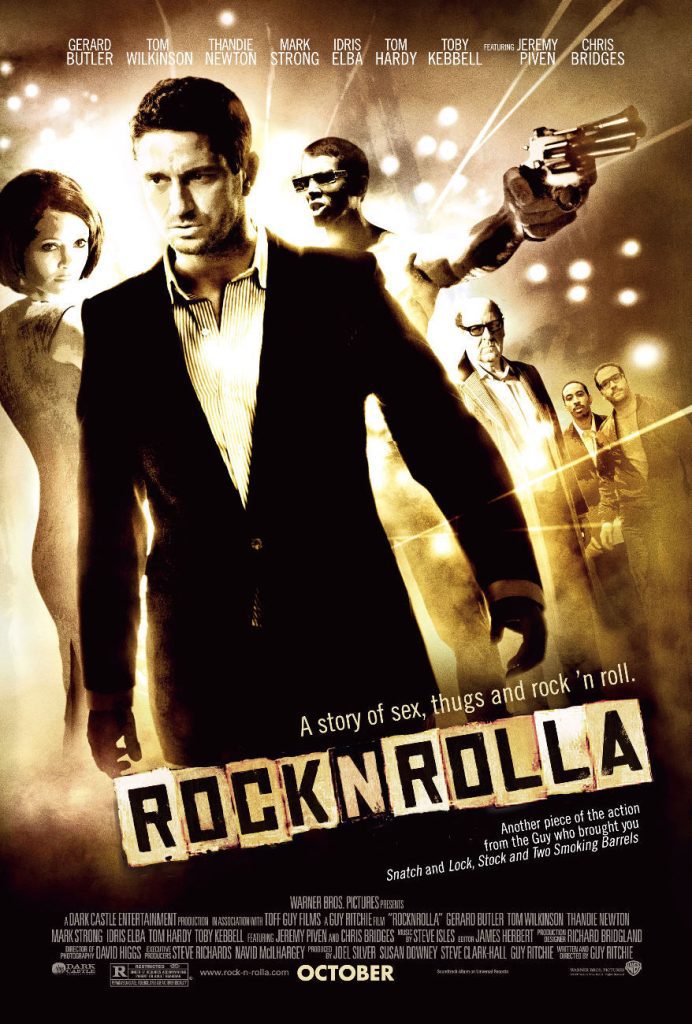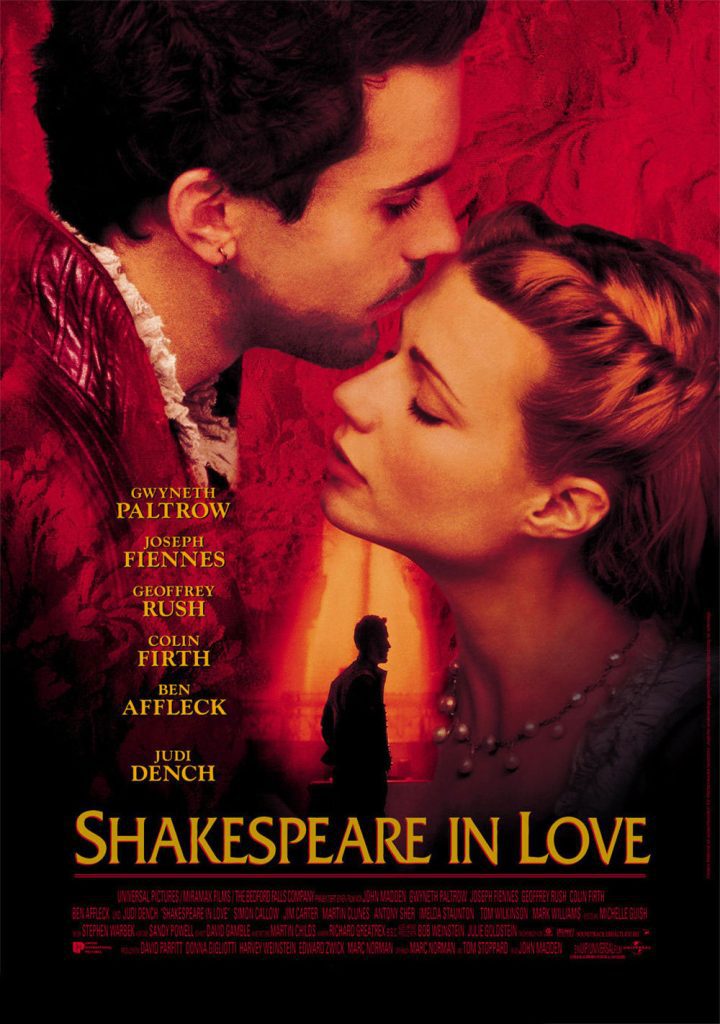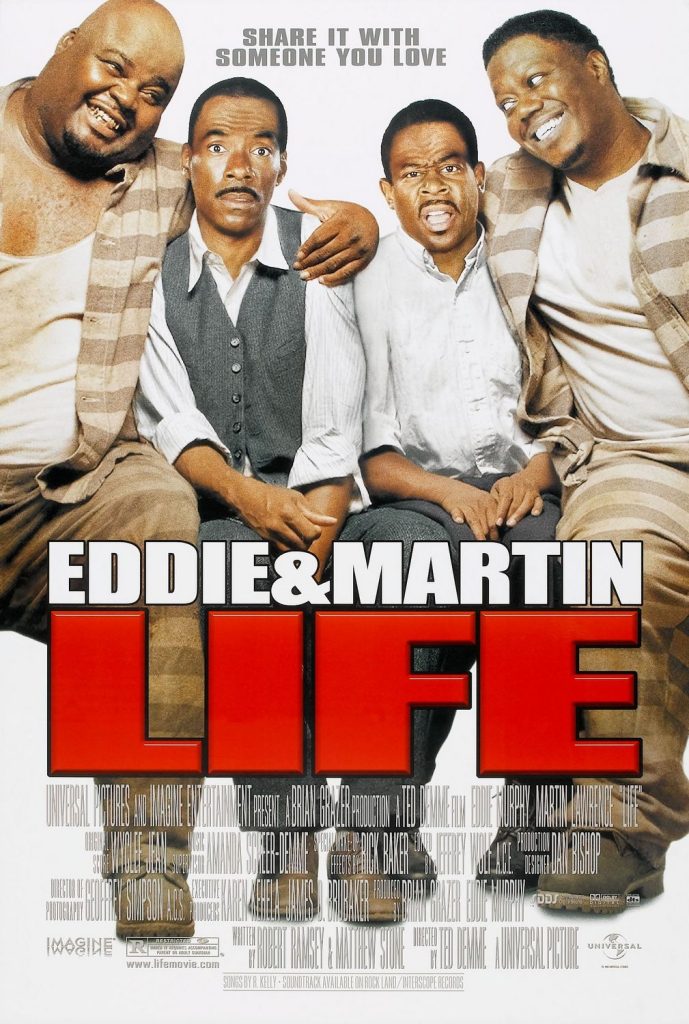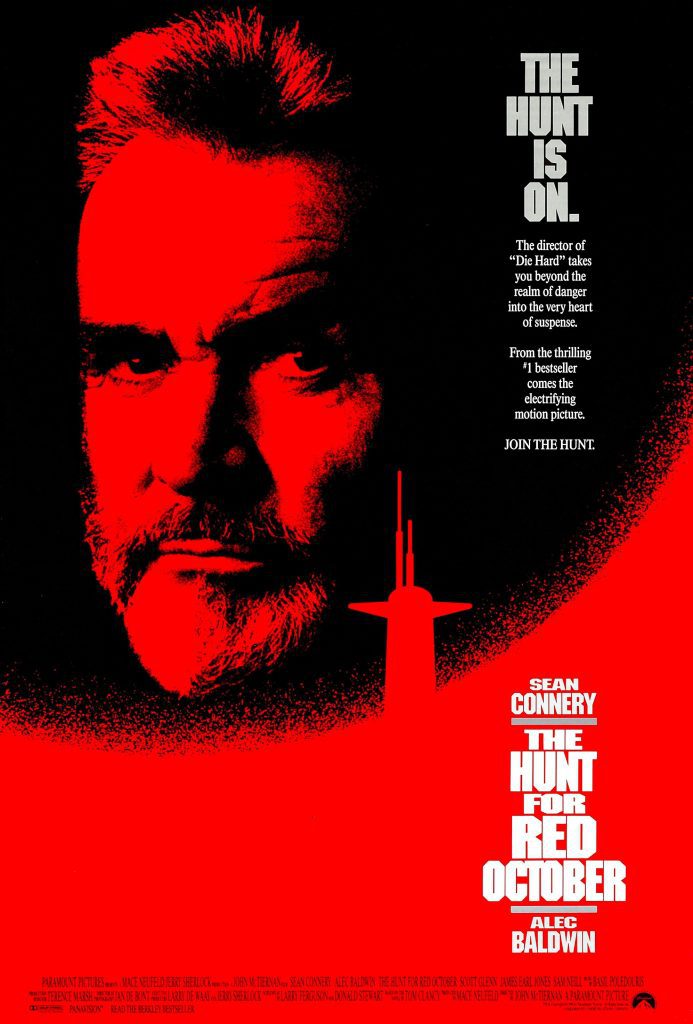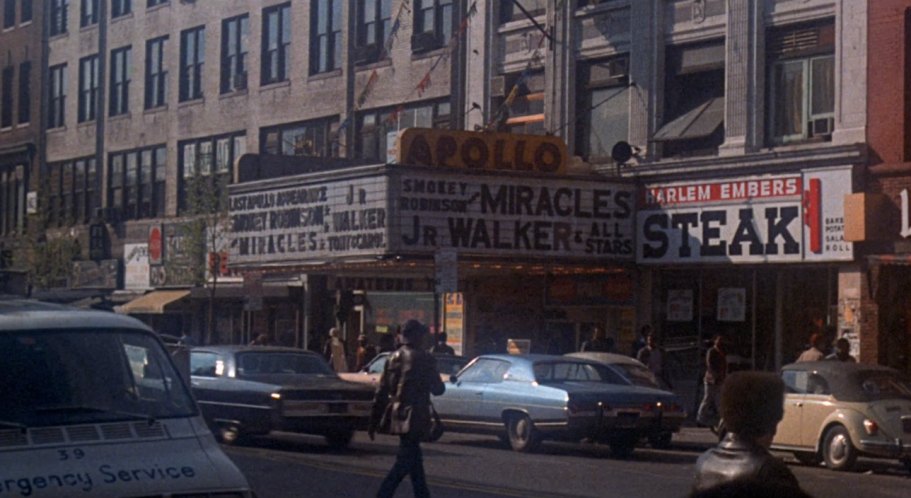
Womack’s title song from Across 110th Street was so blisteringly funky, so infectious, so cinematic that it not only cracked the pop and R&B charts in early 1973, but it also proved irresistible to Quentin Tarantino, who laid it on over the opening credits of his blaxploitation homage Jackie Brown, twenty five years later.
Technically speaking, the film is Blaxploitation by association. In fact, there’s as much mafia movie and police procedural as there is Soul cinema cooking here.
Though budgeted for — and marketed as — a B-movie, Across 110th Street masterfully transcends its tropes, courtesy of Barry Shear’s (Night Gallery) taut direction, and Luther Davis’ (Lady in a Cage) tightly-constructed, multi-layered screenplay (based on a novel by Wally Ferris), which gives equal time to not one, not two, but three separate, though intersecting, story lines.
Dig: A couple of Little Italy’s finest (an elderly accountant and his burly aide-de-camp) pull up to a crumbling Harlem tenement building; just one of the stops on their collection route. While checking receipts in an upstairs apartment, business is interrupted by a pair of cops (Paul Benjamin, Do The Right Thing, and Ed Bernard, Police Woman), checking up on the Goombah’s ride, parked out front.
Well, whaddya know? Turns out these cops are actually robbers, and quicker than you can say “brilliant disguise,” they’ve machine-gunned down the three black and two white men in the counting room, before making off with three hundred thousand dollars’ worth of blood-spattered bills.
Jackson, the getaway driver (Antonio Fargas), has some trouble executing a quick exit, and before he can get the rubber burning, the fake cops have to execute two real cops while making their escape.
Word of the hit quickly gets back to Don Gennarro (Frank Macetta), who orders his son-in-law Nick D’Salvio (Anthony Franciosa, Rio Conchos) to sort things out. Now, three hundred large is a lot to lose, but it’s not about the money, according to the Don. It’s not even about losing a couple members of La Famiglia, but more about sending a message to the Brothers: Y’all may live in Harlem, y’all may run Harlem, but we own Harlem, and we’re keeping it.
Capt. Frank Matelli (Anthony Quinn) arrives to find the crime scene already crawling with police. It’s understandable that, because cops were killed in connection with the robbery, there would be a heavy police presence, but Harlem’s been Matelli’s beat for decades; why was he the last one called? Chief of Detectives Jack Hartnett (Tim O’Connor, Peyton Place: Part Two) gives him the low-down: That unfamiliar, studious-looking young black man on the scene is Lieutenant Pope (Yaphet Kotto, Alien), and he’ll be heading the investigation. Why? Because he’s black, and the politicians think it’ll play better that way.
Matelli: “Here in Harlem, he’s gonna get the same flack I do — he’s still a cop! Is he gonna stop a race riot because he’s black? Where was he last year? I stopped it by myself — just me…You force this on me, Jack, and I’ll resign.”
Hartnett: “I’ll give it to you straight, Frank. They’d like that. They’re pushing out everybody over fifty. How old are you?”
Matelli: “What do we do now that we’re fifty-five — eat shit?!”
Hartnett: “Well, Frank, I’ve made peace with my reality…You’re gonna have to make it with yours.”
Tensions are rising, the clock is running, and who’s going to find those burglars first?
Ahh, yes…those burglars. One of the more interesting elements of Across 110th Street is how it not only makes the robbers yet another set main characters, but oddly enough, allows these two gunmen to become the story’s most empathetic characters. I wrestled with whether or not to call them sympathetic characters instead, but it’s less easy to forgive their brutal actions than it is to understand what led to them: for two black men rapidly approaching middle age in Harlem, options are limited, to say the least. Where these men live, it’s not only evident that crime pays, but that it’s the only thing that pays!
Benjamin and Bernard do a terrific job of humanizing what would otherwise be the devil’s henchmen. In fact, the cast here is uniformly excellent, with special mention merited for Franciosa, expertly playing a well-connected flunky, clearly in over his head, but determined to bluff for all he’s worth, and gravel-voiced, perpetually exhausted-looking Richard Ward (Black Like Me), whose portrayal of long-suffering Harlem numbers man Doc Johnson is easily the film’s highlight.
Much love and respect to Kino Lorber for bringing this sadly under-rated gem into the HD age. Across 110th Street (Blu-ray)’s 1.85:1/1080p AVC-encoded widescreen print isn’t perfect, but it’s pleasingly grainy, serves the gritty action and Harlem locations well, and will please all but the nitpcikiest of audiences. The DTS-HD stereo mix is probably as good as one can expect it to be, considering the source, but the lack of subtitles? Unforgivable. Some points are earned back with the inclusion of the film’s original theatrical trailer, which serves as the set’s only bonus feature.
Finally, there are only two words left: Anthony Quinn. A two-time Oscar winner, Quinn garnered a great deal of critical and commercial success over his sixty five year screen career, yet somehow, his name never seems to get mentioned in discussions of the greatest film actors, though it certainly should be. When the great performances of Quinn’s career are discussed, his portrayal of wizened, gin-soaked, and corrupted police Capt. Frank Matelli is almost never included, though it certainly should be.
For more movies visit Soap2day.

